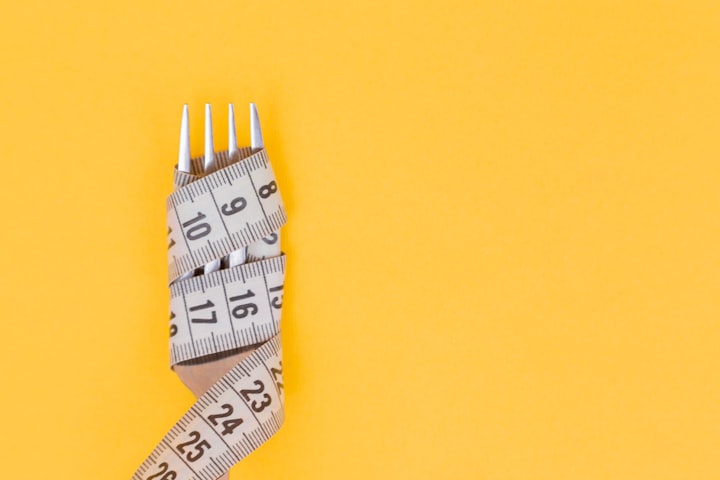How to lose weight in a week ?
It’s normal to go toward crash diets and extreme workout regimens while trying to figure out how to lose weight in a week. Quick weight reduction methods may appear to be the way to go because they have been promoted to us throughout the years as being valuable and effective by everyone from celebrities to companies that claim to be doctor-approved.
However, these programs frequently provide significantly fewer calories than humans require to function normally on a daily basis and can, both in the short and long terms, produce far more issues than they solve, making it difficult to lose weight in a healthy way in the future.
There are measures you can do in just a few days—like figuring out which diet is best—to pivot towards healthier and more long-lasting weight loss, regardless of whether you want to lose weight for an occasion or simply start making some lifestyle changes.
IS IT POSSIBLE TO LOSE WEIGHT IN A WEEK?
The NHS advises that a safe pace of weight reduction is between 0.5kg and 1kg, or roughly 1 to 2lb each week. So, yes, it is feasible to lose weight in just one week. However, it is more likely that this is water weight or muscle mass than it is fat.
According to a study from Ahvaz Jundishapur University of Medical Sciences, people who lose 5% of their body weight through a calorie deficit in 5 weeks do so with less body fat overall and more muscle mass and water weight overall than others who do the same thing over 15 weeks. It’s unlikely that the loss will have much of an impact when it’s reduced to just one week.
Nutritionist Jenna Hope claims that losing weight gradually over a sustained period of time is the healthiest approach. “There are a lot of fast cures available that promise you will lose a specific amount of weight in a short amount of time. But the quicker you lose weight, the more likely it is that you will gain it back.”
Rapid weight loss can also result in a number of health problems, including fatigue and irritability in the short term and malnutrition and gallstones in the long run.
According to James Bickerstaff, a certified nutrition coach at the OriGym Centre of Excellence, “some of the effects that rapid weight loss can have on the body include gallstones, which occur in 25% of people who lose weight quickly, dehydration, and of course, malnutrition.” All of these additional adverse effects, to name a few, include dizziness, recurrent headaches, hair loss, exhaustion, and constipation.
While it is possible to lose weight in a week, our experts advise that you should only make little adjustments at this period and instead use the week to begin making healthy changes for the months to come.
HOW TO LOSE WEIGHT IN A WEEK?
1. AVOID RESTRICTIVE DIETS
It can be tempting to start a restrictive diet because they frequently make big promises, admits Hope. However, they pose a risk to your mental health in addition to being unsustainable, which may have a negative long-term impact on your weight.
Although you could initially observe a decline in the numbers on the scales, improper hydration can cause fatigue, irritability, moodiness, and nausea. This can be as a result of you eliminating important food types, which causes vitamin deficiencies. Hope notes that restricting certain foods or dietary types can frequently make you yearn for them more. You can experience more cravings as a result, which could lead to weight gain as a result.
2. ADD IN THE GOOD STUFF
Focus on the healthful foods you will be adding in rather than getting caught up in the ultra-processed things you are eliminating. More nutrient-dense foods can help your body naturally replace some of the “unhealthier” foods that are high in sugars and bad fats, says Hope.
What precisely should you put on your plate, though? Hope advises increasing the amount of veggies in each meal by one portion. She says that because they are high in fiber and water, you will feel fuller for longer. Choose leafy greens, which are rich in the health advantages of magnesium and iron to enhance your energy levels, especially if you frequently feel fatigued in the winter and as spring approaches.
Additionally, Hope advises consuming enough of beans, which are high in soluble fiber. These can aid in reducing inflammation and healthy, long-term weight loss. She suggests adding beans to bolognese and stews to give them more bulk as well as soups and curries to boost the protein and fiber content.

Tinggalkan Balasan